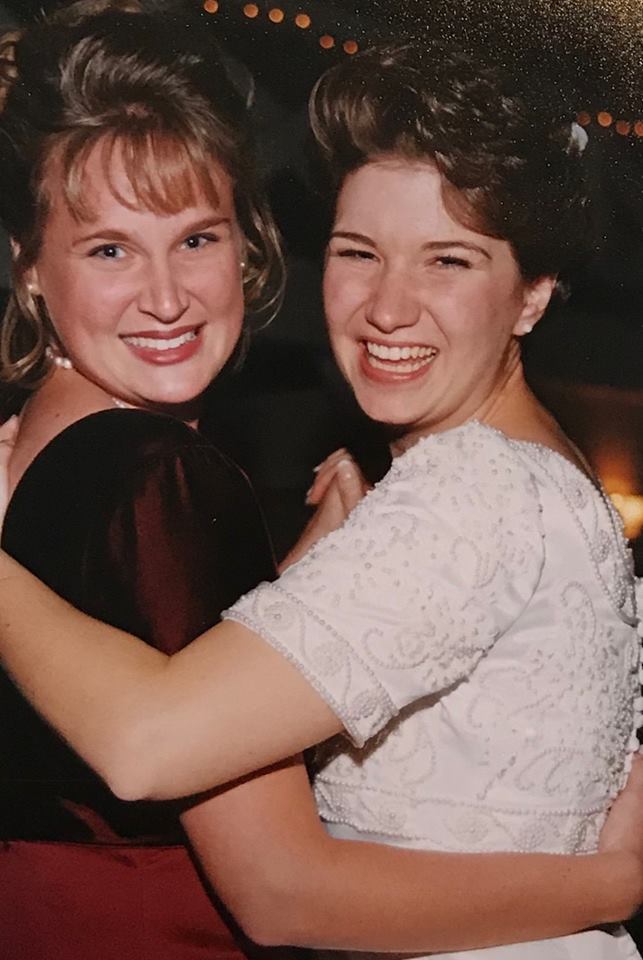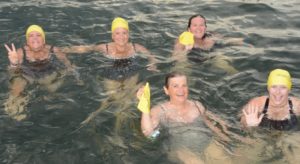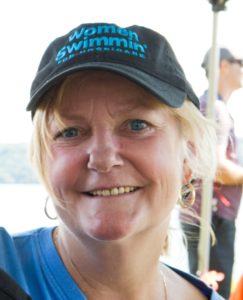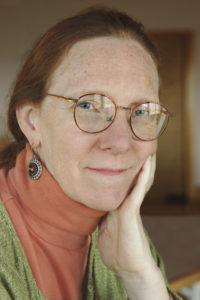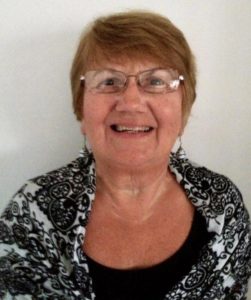Joe Mareane, a Hospicare Board Member and vice president, is stepping in after the resignation of Kim De Rosa in September. A national search to fill the Executive Director position will commence shortly.
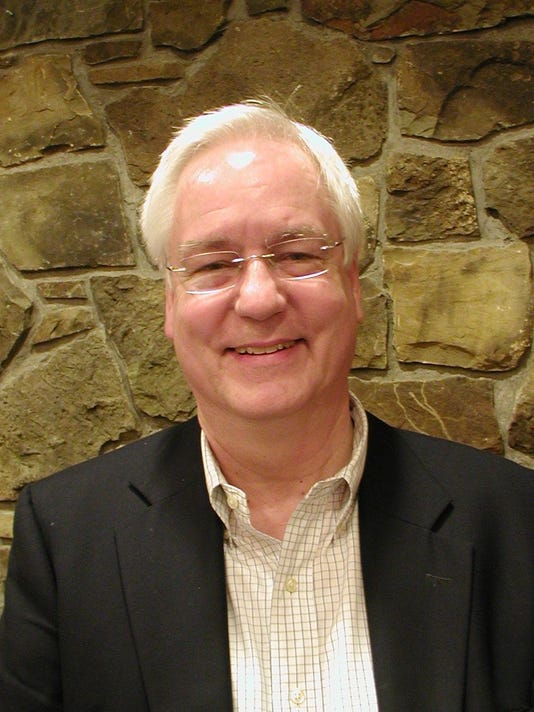
“I am looking forward to working with an organization I’ve come to greatly admire from the perspective of a community member, board officer, and family member of one whose passing was eased by a remarkable team of Hospicare nurses and staff,” said Joe. “I spent a long career in local government, including nine years as Tompkins County Administrator, before retiring a couple of years ago. I’m hoping the skills I learned along the way—to be a good listener, careful thinker, and collaborative manager—will contribute to a smooth transition to a new Director.”
Joe Mareane retired in 2017 as Tompkins County Administrator. During his tenure, he served as the chief executive officer of the 700-person, $170 million organization. His retirement came after a 35-year career in local government that included serving as Onondaga County’s Chief Fiscal Officer, where he managed a $1.2 billion budget, and earlier as Assessment Commissioner, Director of Management and Budget, and Director of Development for the City of Syracuse. He was also involved in the development of the Palisades Center mall in Nyack, New York as an executive with the Pyramid Companies and served as a Vice President of the Greater Syracuse Chamber of Commerce.
“While executive changes are inevitable in every job sector, what will never waiver is Hospicare’s commitment to its patients and families,” said Hospicare Board of Directors president Betsy East. “The Board is confident in our exceptional senior leadership team and their ability to navigate this transition, as well as the dedicated and compassionate staff who provide extraordinary care to all who need it.”
Joe currently serves on the Boards of Challenge Workforce Solution, the Human Services Coalition, and as a member of the New York State Indigent Legal Services Board. He holds a Master’s degree in Public Administration from the Maxwell School of Citizenship and Public Affairs at Syracuse University and a Bachelor of Arts degree from Indiana University-Purdue University at Fort Wayne. Joe and his wife Amy have been married for 45 years and have three grown children.
Hospicare & Palliative Care Services provides palliative care, hospice care and grief support to all residents of Cortland and Tompkins counties. Care is provided to patients in private homes, in nursing facilities, in hospitals, and at Hospicare’s 6-bed residence on Ithaca’s South Hill.

